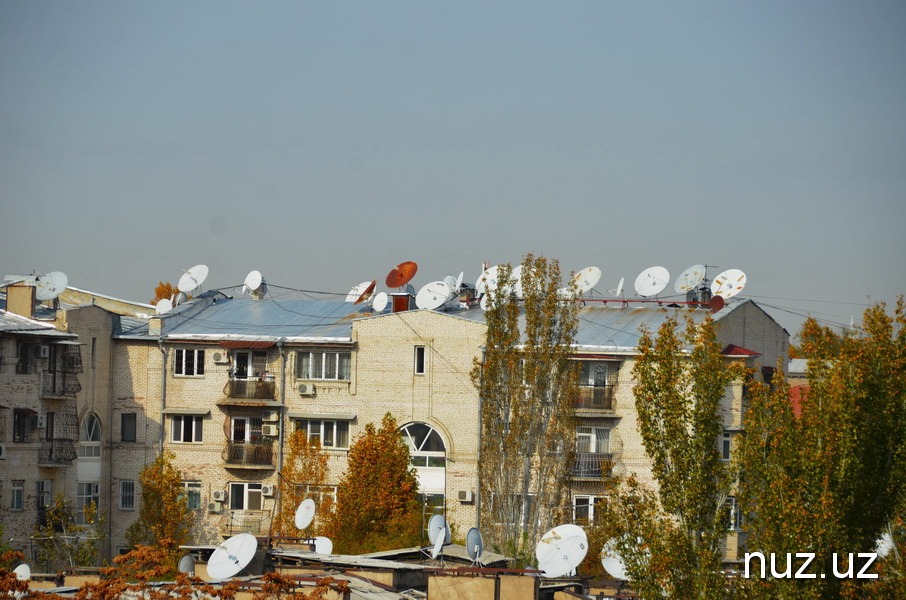Trick question: who in Uzbekistan turned out to be the most resilient after, let’s say, the mass “optimization” of jobs initiated by the authorities?
There were three waves in total. The first was in July 2018, when the JSC Uzbekistan Post system abolished the positions of postmen and transferred pension payments in mahallas to the cash desks of the People’s Bank. The second was in February 2022, when the mass consolidation of HOAs began. The third was in January 2025, when the positions of conductors in public transport were eliminated in the capital.
Postmen and conductors quickly came to terms with the changes and went off to explore new niches in the modest labor market. But weak HOAs turned out to be, as they say, a “tough nut to crack.”
The initiator of the reform in February 2022 was President Shavkat Mirziyoyev, who familiarized himself with projects to improve the management of multi-apartment housing in Tashkent. Apparently, he was shown far from the worst houses, but even they did not satisfy the head of state. In his opinion, only financially stable management companies with state support are capable of truly improving the living conditions of city residents.
Fulfilment of the president’s will is a matter of primary importance. Soon, by decision of the former khokim Zhakhongir Artykhodjaev, the structure of the city headquarters for reforming the housing management system, as well as standard schemes for district headquarters, were approved.
The main tasks of the headquarters are: liquidation of homeowners associations, transfer of buildings to management companies, repayment of debts on mandatory contributions and selection of house committees.
The authorities quickly set to work, and the numerous ranks of HOAs thinned out noticeably in a short period of time. However, the resistance was so tough that the reforms were suspended. The question is: for how long?
Why do HOAs hold on to their positions? It’s simple: if the work of a postman or a conductor can be called hard and unprofitable, then managing an HOA is, in essence, control over the financial flow of mandatory contributions. It rhymes: “guard a stream – and spit on the ceiling.” Some people shamelessly transfer most of the funds to a corporate card and manage the money at their own discretion. Some do not keep accounting records at all, acting on the principle “fish are better caught in troubled waters.”
Most HOAs do not provide reports to residents, although this is required by law. But who demands it? The people are silent. And the authorities refer the dissatisfied to the law “On the management of apartment buildings” – and that’s it. Meanwhile, the law smokes on the sidelines: no one holds meetings of residents, and instead they stamp protocols with signatures, recognized as formally legitimate.
In such conditions, schemers of all stripes have uncontrollably and with impunity sucked into the residents’ money, and attempts to maintain control are a fierce struggle for the trough.
Talking about protecting the rights of homeowners is, to put it mildly, naive. To catch a dishonest chairman, you need to collect evidence, order an audit at your own expense (which is expensive), and only then contact the prosecutor’s office. It is costly and tedious – so residents simply wave their hands.
But there is one exception. In the Yunusabad mahalla “Astrobod” an audit committee was created with the participation of a journalist in the single-house HOA “Laylo Kommunal”, which recently celebrated its fifth anniversary. The audit began at an opportune moment, when a group of enthusiastic residents decided to change the chairman for the umpteenth time (the fifth). The disgraced head unexpectedly gave the auditors access to bank statements for five years.
The results were shocking: cash collected from receipts was not deposited in the bank, accounting was not maintained, and accruals and write-offs were made using fictitious billing – as those who had the seal wanted.
The struggle for control over the seal, which ended up in the hands of the audit commission, was particularly acute. A representative of the khokimiyat advised holding a general meeting of residents of the building in the mahalla, reporting on the results of the inspection, and electing a new leader. Instead, a group of enthusiasts with a long history of theft and violations easily obtained a duplicate and, therefore, access to the bank account.
At the beginning of this year, the HOA had two seals in effect at the same time: the original and a duplicate. The group with the duplicate managed the funds, and the group with the original tried to fulfill formal obligations to the tax inspectorate.
The new chairman of the HOA stated that her best friend is Maxim Chernikov. It is probably implied that with such a “roof” there is nothing to fear.
In theory, law enforcement agencies should have responded to the auditors’ requests. We will tell you how the correspondence ended in the next publication.
Source







